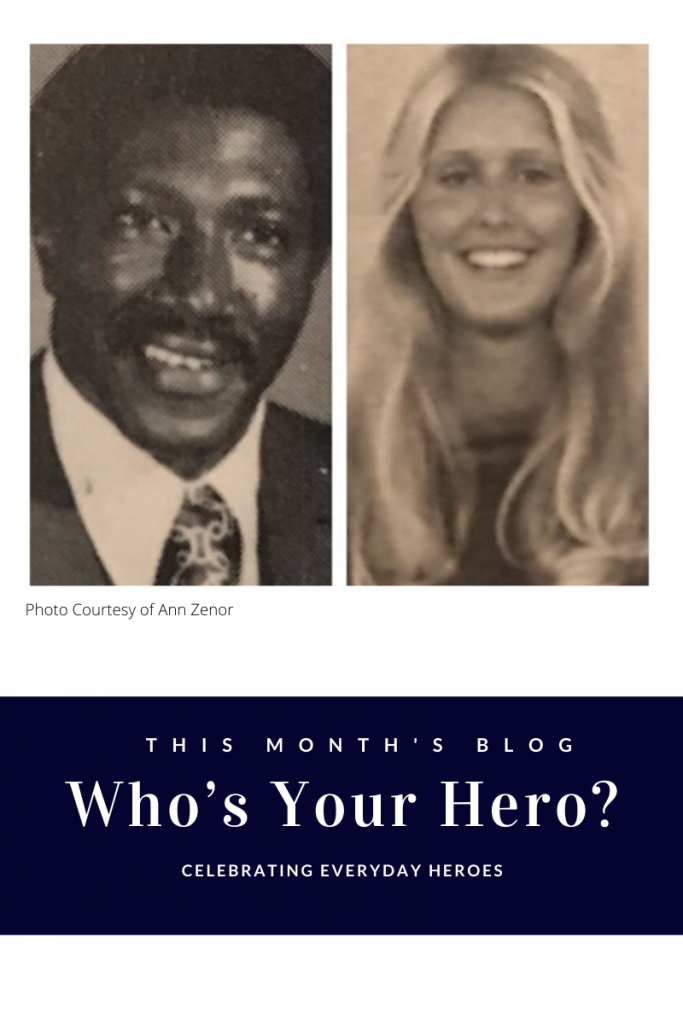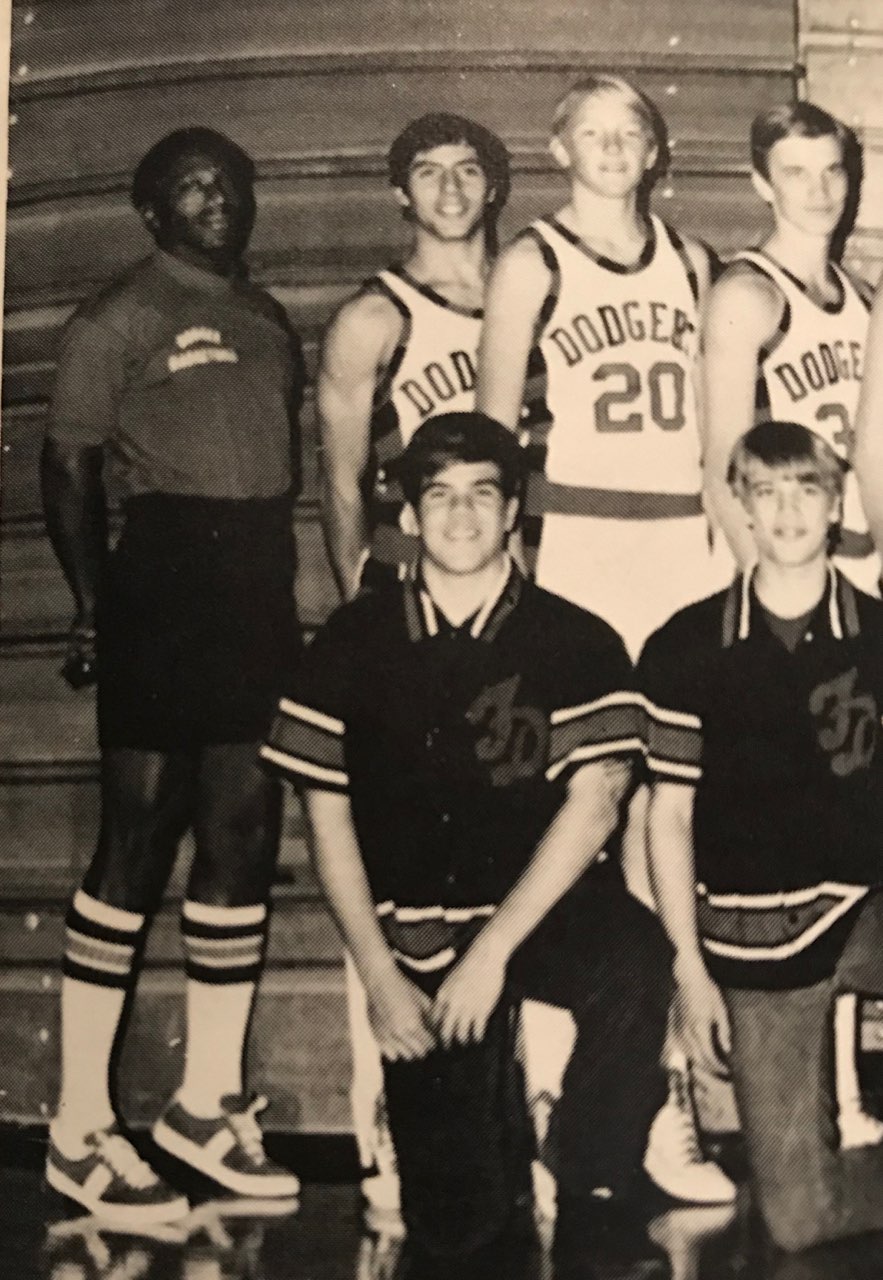July KQ Blog | Who’s Your Hero?

Every year at Kids Quest we salute superheroes. The theme is undoubtedly a favorite with the kids and with our staff as well. While based in fantasy, the idea of someone coming to the rescue at the right time and place is comforting to people of all ages and walks of life.
Given the current state-of-affairs, I think we could all use a hero right now. The thing is, you really don’t need someone with a cape and superpowers to lean on. My guess is that somewhere in the continuum of your life someone impacted you in a powerful way and helped equip you for times like this. These people are the real superheroes.
My superhero came in the form of a teacher.
Mr. Goodman joined the faculty at my high school in the fall of 1976. He was a former student and standout athlete at Fort Dodge Senior High. After playing professional baseball and finishing his college degree, he returned to his hometown to make a difference in the place where it all started. To make it even more compelling, Mr. G. was only one of two African American teachers in our school.
Bill Goodman taught American History and Ethnic Studies—a class that was unheard of in 1976. While there was a spattering of diversity in our student body of 1,500 students, we were largely white and a typical reflection of 70’s Middle America.
When I slid into my seat on the first day of Ethnic Studies class, I had no idea what to expect. Then the bell rang, and a tall and elegant man strode into the classroom. His baritone voice was warm and his smile infectious. All the kids loved him immediately. The subject matter of the class, he announced, was all about the history of minorities in our country. Over the course of a semester, we covered the stories of Native Americans, Asian Americans, Hispanic Americans, and of course, African Americans. The material was eye-opening, and I carry those lessons with me to this day. To say that it helped shape me into the person I am would be an understatement. The information I learned regarding African Americans was perhaps the most impactful because the content was delivered by someone with personal experience, having lived through the Civil Rights Movement of the 60s.
Bill Goodman opened my eyes to the outside world and gave me some insight into other cultures and life experiences. I can never fully repay him for that. The enrichment that took place heightened my sensitivity to the very real challenges minorities face every day. I developed empathy and a greater appreciation for their contributions and how they helped make this country great.
While we still have a very long way to go toward equality, my teacher put me on the right path to contribute to the end goal as an individual. To this day we are still in contact and we are friends. I often wonder if I told him that he is one of my heroes.
These thoughts remind me of the Morgan Neville PBS documentary, “Won’t You Be My Neighbor?” Near the end of the film, a request is made of the theater audience, “Close your eyes and think about somebody who helped you along the way. Let’s just take some time to think of those extra special people. Some of them may be right here, some may be far away, some may even be in heaven. No matter where they are, deep down you know they’ve always wanted what’s best for you. They’ve always cared about you beyond measure and encouraged you to be true to the best within you.”
Now open your eyes—the person you envisioned is your hero.
